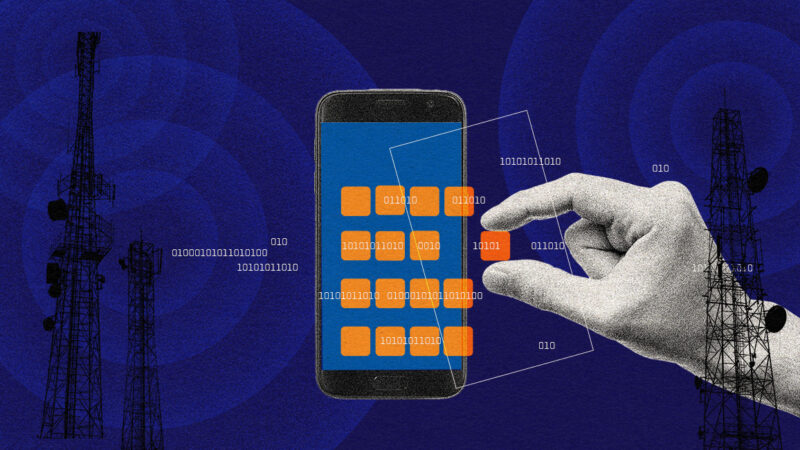Privacy & Technology

The U.S. Constitution protects your right to be free from government intrusion into your personal space and your life. You—not government—should determine the course of your life.
The ACLU of Minnesota protects your right to privacy by fighting for it in court and by pushing for policies that ensure your privacy rights remains intact. We actively promote responsible uses of technology that enhance privacy and freedom, while opposing those uses of technology which undermine our freedoms and move us closer to a society dominated by surveillance.
Biased Technology
Technology does not exist outside of the biases and racism that are prevalent in our society. Studies show that facial recognition is least reliable for people of color, women, and nonbinary individuals. And that can be life-threatening when the technology is in the hands of law enforcement.
Facial recognition automates discrimination.
The ACLU-MN is fighting to end law enforcement's use of facial recognition technology in Minnesota. More than a dozen large cities have banned the technology, including Minneapolis, Boston, and San Francisco. If Minnesota adopts a policy to ban the technology, it would be the first state to do so.
Learn more about facial recognition technology and the ACLU-MN's fight against it here.
Stay Informed
Sign up to be the first to hear about how to take action.
By completing this form, I agree to receive occasional emails per the terms of the ACLU’s privacy statement.
By completing this form, I agree to receive occasional emails per the terms of the ACLU’s privacy statement.

